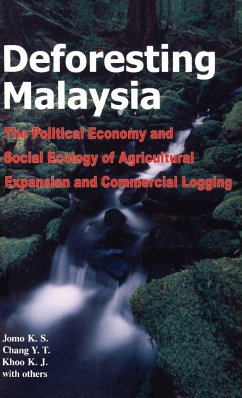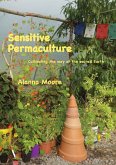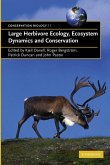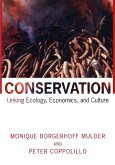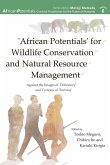This study of deforestation in Malaysia's three regions examines the different factors that shape them, the institutions and policies that determine forestry development, the ecological impact of deforestation, and sustainability. Much Malaysian deforestation reflects agricultural expansion or rural development and poverty alleviation projects, while logging became more significant after independence. Sabah and Sarawak have relied increasingly on the exploitation of their timber resources, and private greed and corruption at state level have overridden federal policies of sustainable management. The authors take a hard look at the economic and political forces in the international tropical timber trade. An ecologically rapacious emphasis on growth, coupled with politically powerful distribution coalitions, give little chance for policy reforms and no hope of radical change. The only pressure that has the slightest effect, it seems, is international criticism.
Hinweis: Dieser Artikel kann nur an eine deutsche Lieferadresse ausgeliefert werden.
Hinweis: Dieser Artikel kann nur an eine deutsche Lieferadresse ausgeliefert werden.

